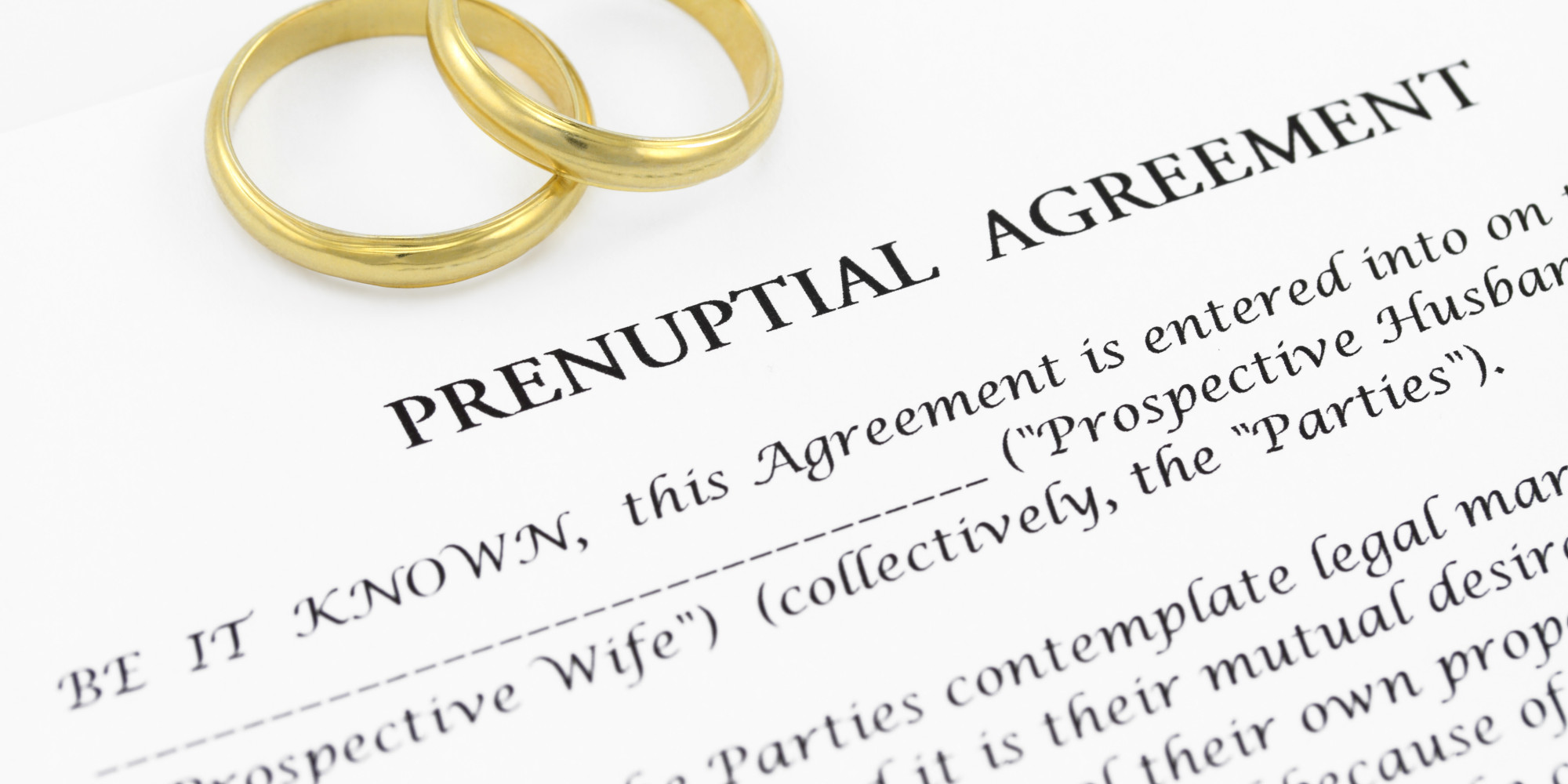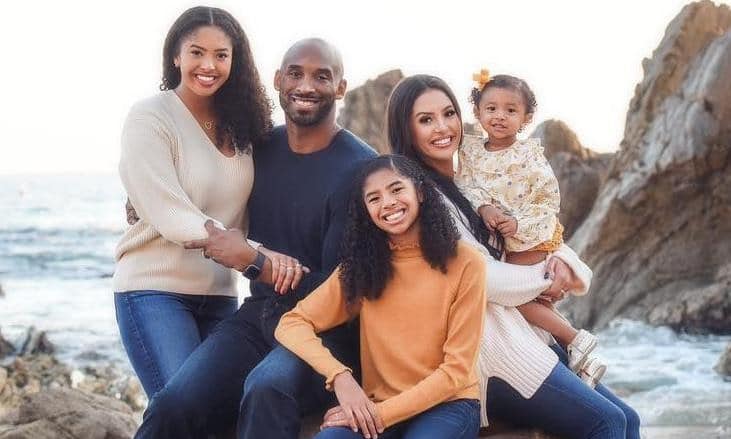/arc-anglerfish-tgam-prod-tgam.s3.amazonaws.com/public/QUEI3K3CXVBNPM5L2SU6BIL2KI.jpg)
Last week, I discussed some of the pros and cons of using prenuptial agreementshttps://www.calilaw.com/prenuptial-agreement-pros-and-cons/ . Here, we’ll look at different estate planning vehicles that could provide similar—or even better—protection than prenups.
Revocable living trust created by you: By setting up a revocable living trust and funding it with your separate assets before getting married, those assets would likely be considered non-marital property and not subject to division by the court upon divorce—as long as you never commingle any of those assets with your spouse after your marriage. To ensure your separate property assets stay separate, it’s vital that you create and fund the trust with your assets before the marriage and never add any assets acquired or created during the marriage.
If you commingle assets acquired during the marriage in a trust containing your separate non-marital assets, a court could declare all of those assets as marital property subject to claim as part of a divorce settlement. To this end, a revocable trust only protects your separate assets from divorce if they remain separate from marital property throughout the whole length of your marriage.
You can also use a revocable living trust to provide for your surviving spouse and children from a previous marriage in the event of your death or incapacity. Unlike a will, assets held by a trust are not subject to the court process known as probate, so those assets would be immediately available to your spouse and kids, sparing your family the time, expense, and potential conflict of probate.
Note that since a revocable trust is “revocable” by definition, there is no asset protection for assets in your revocable trust, meaning that a revocable living trust will not protect your assets from creditors during your lifetime. If you want to achieve protection from both a future divorce and future creditors, you may want to consider one of the irrevocable trusts below.
Irrevocable trust created by your family: You can protect your assets from divorce by having your parents (or another loved one) establish an irrevocable trust for you before your marriage. Then, the Investment Trustee of the irrevocable trust (who could be you) could purchase all of your existing assets in an arms-length transaction and manage those assets inside of the trust, where they are totally protected from a future divorce and any future creditors.
Note that this strategy does require special provisions to ensure you cannot make distributions to yourself from the trust without the approval of an “independent trustee.” This trustee could be a best friend or a professional trustee, but cannot be anyone related or subordinate to you.
Your parents or grandparents could also leave any future inheritance you are to receive to this irrevocable trust, ensuring that your inheritance would also be protected. If this irrevocable trust is properly established and the terms are well-drafted, all assets the trust owns—and any assets left to you in the future—will be fully protected from a future divorce, future creditors, and even from estate taxes and probate upon your death. Yes, I like these trusts a lot.
Irrevocable trust created by you: It’s also possible for you to establish an irrevocable trust for yourself and gift your assets into the trust to keep them safe from divorce. However, this strategy is not as airtight as having a parent or grandparents establish the trust for you.
When you gift assets to an irrevocable trust, there’s a risk that a spouse or future creditor can claim fraudulent conveyance, depending on how soon you gift those assets after creating the trust. That said, if you are looking for asset protection and an alternative to a prenuptial agreement, and do not have a parent or grandparent available, a self-settled irrevocable trust can be a great second-best alternative.
Start your marriage off right
If you are getting ready to tie the knot and would like to ensure that assets you bring into the marriage don’t end up being lost in a future divorce settlement or are protected for your kids from a prior marriage, it is important to take action now. Once you are married, many planning options are off the table.
And regardless of your concerns about divorce, you definitely need to create or update your estate plan to protect and provide for your soon-to-be-spouse and any children you have in the event of your death or incapacity.
![]()




.1).jpg)





